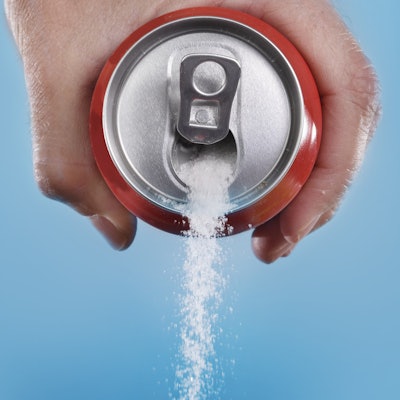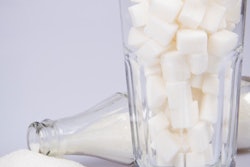
More than 45 countries and local jurisdictions have implemented taxes on sugar-sweetened beverages. But are these taxes effective? To find out, researchers systematically reviewed and meta analyzed existing literature in a new article published June 1 in JAMA Network Open.
In areas where sugar-sweetened beverages were taxed, after taxes were implemented, researchers reported an 18% decline in the consumption of sugary drinks. Study findings indicate the same bottom line: Sugar-sweetened beverage taxes are associated with sustained reductions in sugary drink sales.
"This kind of sustained behavior change is a highly elusive outcome for dietary interventions," wrote the study authors, led by Dr. Joshua Petimar of Harvard Medical School.
The studies reviewed included those of volume- and sugar-based taxes, different tax amounts and types, diverse populations across many countries and jurisdictions, and different store types. The sales results were based on 35 estimates from 33 studies that used large data sets with objective measures and minimal missing data.
Sugary drink taxes are generally associated with much higher prices, with 82% of the tax passed through to prices. While the taxes were associated with a 15% decrease in the sales of sugary drinks, surprisingly, researchers did not find overall evidence indicating that consumers replaced sugar-sweetened beverages with tap water or another type of drink.
The findings also report a weak association between taxes and body mass index (BMI), but all the studies considered evaluated older sales taxes rather than more recent excise taxes. Compared with excise taxes, sales taxes have been associated with smaller price increases that are not incorporated into prices at the point of purchase. These taxes appear on the receipt after the purchase, making them less likely to deter consumers.
Researchers claim it is still too soon to evaluate post-tax changes in weight for most current excise taxes given the many factors that contribute to metabolism and weight gain. However, recent research shows that Mexico's sugar-sweetened beverage tax was associated with a 1.3% reduction in the prevalence of overweight or obesity in adolescent girls. Further future research will help inform studies on the association between taxes and BMI, the authors noted.
Based on the findings, the authors concluded that sugary drink taxes are effective in reducing sugar-sweetened beverage purchases and therefore have the potential to improve diet and health. It is challenging for only one policy to substantially improve population-level health outcomes, but improving dietary choices is an excellent place to begin and a worthy goal in itself, they noted.
"[Sugar-sweetened beverages] are a key contributor to a decades-long surge in diet-related chronic disease and demand policy action," Petimar and colleagues concluded.



















